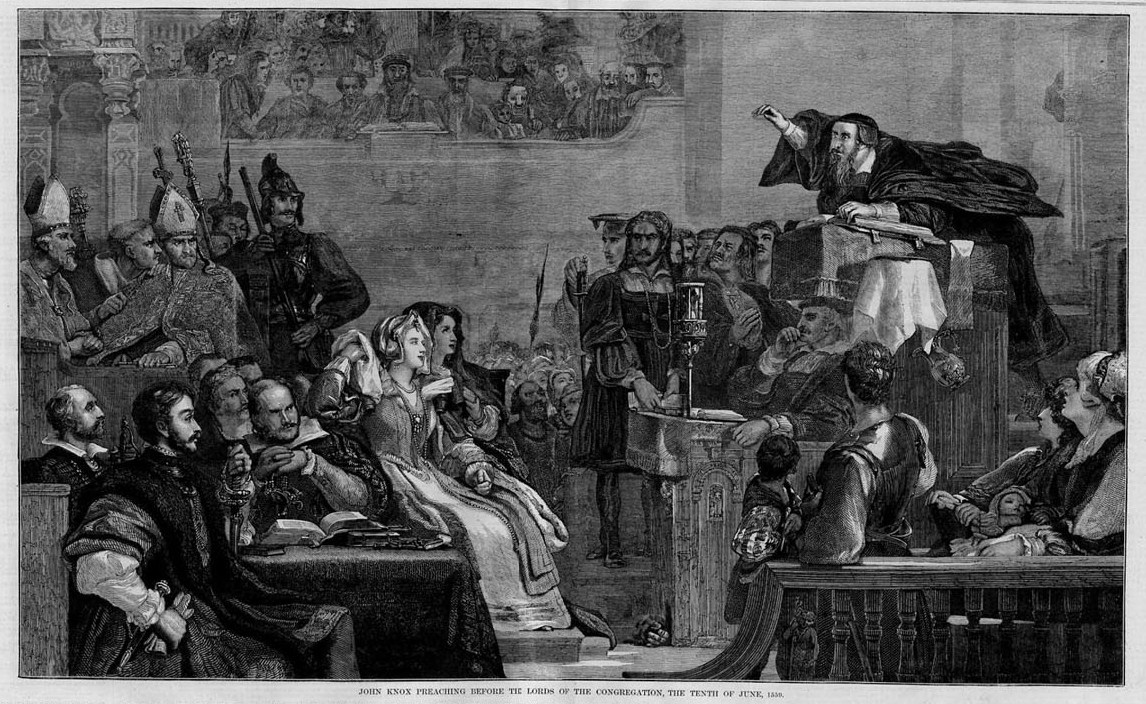The crucial point in all of this for us is that the promise of a Redeemer is intimately related to the way or scheme of salvation. Salvation is by the promise. That is to say, it is by grace through faith in a coming Redeemer (note the Exposition of chapter 20:1). This single way of salvation has operated in and been progressively revealed in every age of human history (Rom. 4:13-17; Gal. 3:18-22). All the preceding covenants were typical and preparatory. Their efficacy to save came only through the anticipated work of Christ (Heb. 9:15).[35]
In short, the promise was the Covenant of Grace, i.e., the New Covenant, through which salvation is offered to sinners. Denault helps us here again:
The Baptists believed that no covenant preceding the New Covenant was the Covenant of Grace. Before the arrival of the New Covenant, the Covenant of Grace was at the stage of promise. According to Benjamin Keach, the expression “the covenants of the promise” that can be found in Ephesians 2.12 refers back to the Covenant of Grace. The promise in question was the Covenant of Grace. If we are talking about a promise, this implies that it was not yet accomplished and was not yet in the form of a testament or a covenant. The Baptists believed that the New Covenant was the accomplishment of the promise, or in other words, the accomplishment of the Covenant of Grace. This doctrine is expressed in the following way in the 1689: “This covenant is revealed in the gospel; first of all to Adam […] and afterwards by farther steps, until the full discovery thereof was completed in the New Testament.” The New Testament brings the full revelation of the Covenant of Grace since the New Covenant is its accomplishment. The Baptists considered that the New Covenant and it alone was the Covenant of Grace.[36]
As to the question in which way the covenants were progressively revealing the Covenant of Grace/New Covenant, we will see under the heading “Shadows and Types” of each covenant.
νενομοθέτηται (Hebrews 8:6)
This argument for the establishment of the Covenant of Grace at no other point other than the New Covenant is credited to John Owen’s Exposition of Hebrews 8:6-13. I was mindblown by reading Owen’s massive commentary on Hebrews 8:6. I found it to be both biblically faithful as well as compelling. I found the collapsible outline made by Brandon Adams very helpful in understanding his commentary and argument. This long quotation from Denault and Owen should suffice:
John Owen comes to exactly the same understanding in his exegesis of Hebrews 8.6 where we read: “But in fact the ministry Jesus has received is as superior to theirs as the covenant of which he is mediator is superior to the old one, since the New Covenant is established on better promises.” Owen concentrates on the verb νομοθετέω (established) to explain the difference between the Covenant of Grace before and after Jesus Christ.
This is the meaning of the word νενομοθέτηται: […] “reduced into a fixed state of a law or ordinance.” All the obedience required in it, all the worship appointed by it, a...










